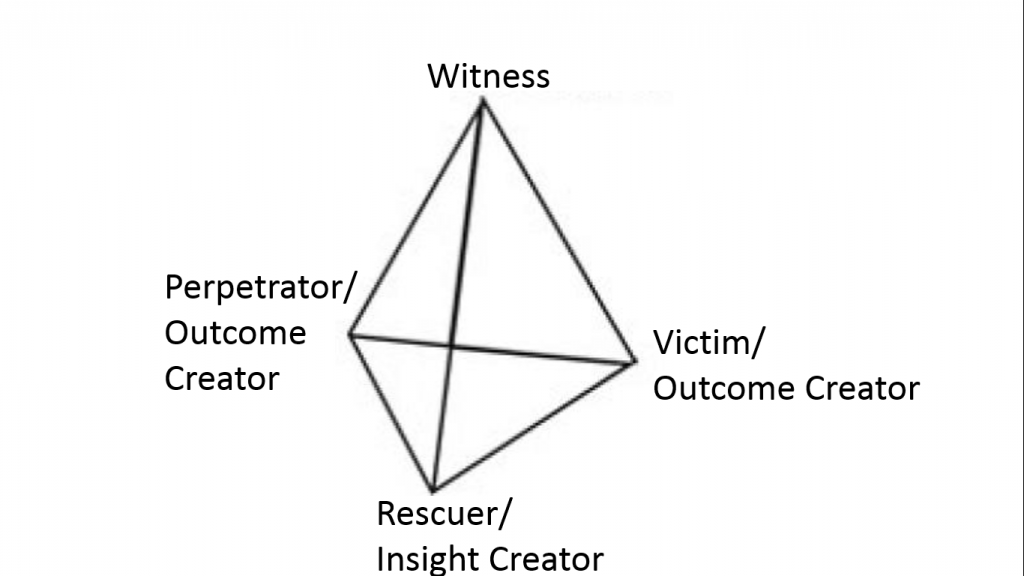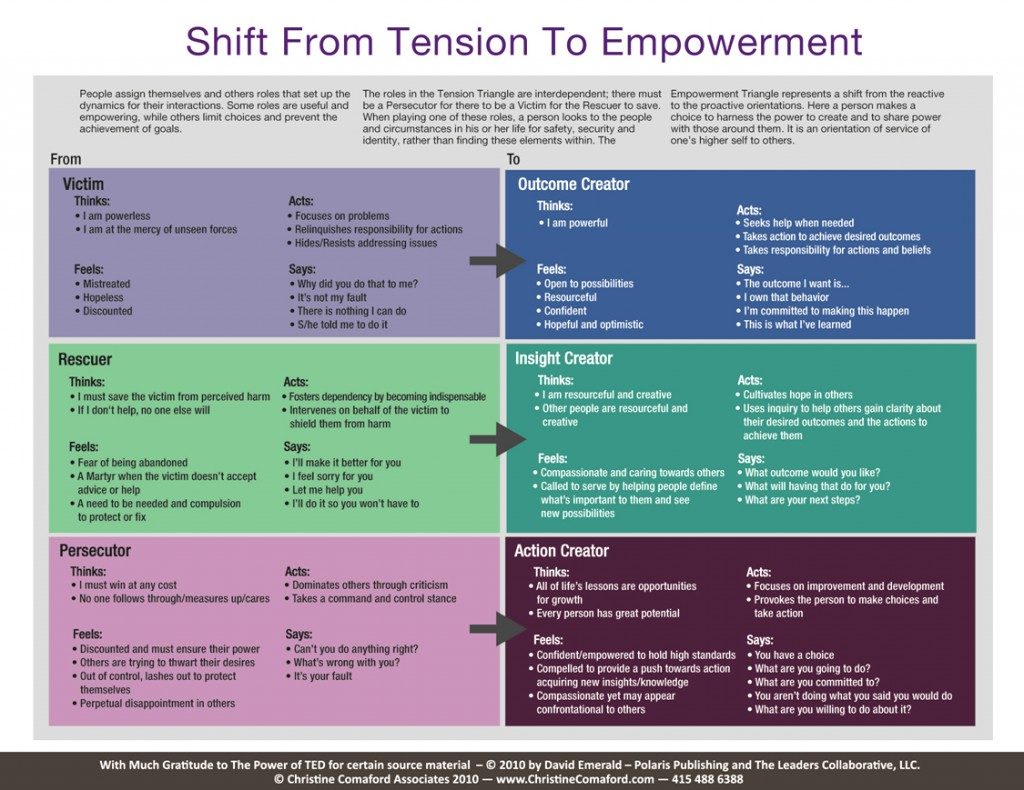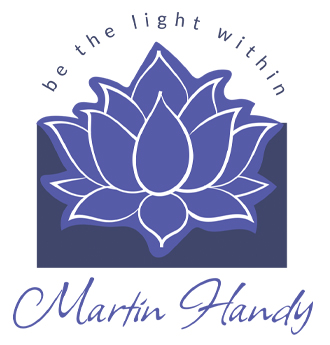Online & In-Person Counselling, Therapy & Supervision
Witnessing the Internal Conflict
Anxiety, depression, anger and any kind of emotional overwhelm is the internal consequence of internal conflict where something inside just isn’t adding up. It can be a desperate and almost indescribable feeling of internal chaos. This article looks at the possible causes of this internal chaos and conflict and try to find ways of transcending it and create a more grounded feeling of solidity and order again.
All kinds of conditions and situations may lead someone to internal feelings of chaos and overwhelm. Some of those conditions are external in that they are connected to a physical cause like hormonal or chemical imbalance in the brain. Physical illness can also create feelings of chaos and loss within. Depression and anxiety-related conditions may be triggered by external situations like loss of a job, the breakdown of a relationship, addiction or deep-seated fear. PTSD, trauma, external conflict or disaster can bring on internal conflicts within.
Internal conflict can consist of intense thoughts and feelings, confusion, doubt, contradictory messages and lack of clear motivation, just to name a few. But in counselling and self-analysis patterns of internal relationships do arise. Some of us like to call them qualities or characteristics. Others refer to them as avatars, parts or inner selves. This can be seen in the pyramid below with the Rescuer, Victim and Persecutor roles at the base and the Witness transcending them all at the top.

These different parts or characteristics within us can be very strong, resilient, positive, proactive and visionary. This often characterises the positive aspects of the Rescuer role where they can take our obstacles in life and just turn them around by working them through. You know when they are dominant in your behaviour.
Other parts or characteristics within us may be more defeatist, negative, pessimistic, unmotivated and stuck. We know when these are also dominant because we will feel like a victim. We don’t feel like we can make good decisions because they completely incapacitate us to move forward. We become helpless and lose all hope. Periods of depression and deep anxiety are characteristic of this part.
Then there is the persecutor character or characteristic. This is the destructive one, probably the most shadowy of all the avatars. We know when this one is dominant because of the self-criticism and criticism of others. This quality can be destructive to such an extent that self-harm and harm of others can dominate in the mind. Destructive behaviours can follow and then the consequences of such can continue to feed the loop of destruction: anger, revenge, blame and sometimes worse. We really need to listen when this one is dominant because it really does point to something we need to look at and resolve within. The persecutor can keep the victim inside as a victim and keep the rescuer at bay, pushed out and unable to help out. Even the Rescuer can have a shadowy role and go to the extremes of wanting to make things all nice and easy again. The Rescuer can sometimes be unrealistic and idealistic. And so when we become aware of our parts, avatars or personality characteristics we become more conscious of our motivations and agendas. At this point it is so important to stake a step back, introduce some of the self-soothing tasks and then find out what is going on. This brings us to the role of the Witness and how we can move forward in working with these internal conflicts and the chaos they bring to our lives.
The Witness at the top of the pyramid transcends all the three roles or avatars within. The Witness is simply what it is called – a witness. The Witness is calm, centred, grounded and connected to the Source. We have all connected to this characteristic, part or avatar because in the midst of chaos and confusion the Witness just looks on objectively and clearly. This part is the peacemaker. In some ways the witness is like an angel figure, it can see the big picture and is deeply connected to not just who you are but to what is going on for others as well. It is really a wisdom centre, a centre for guidance and a centre from where compassion, understanding and affirmative action can come from. Where there may be internal conflict and chaos the Witness brings much needed understanding. In the relationship to the very destructive parts the Witness doesn’t apportion blame or criticism. Instead the Witness wants to understand why the various parts are thinking or behaving the way they are.
This is where we begin to analyse and seek peace internally and step into the positive aspects of each role and define them for ourselves.
Reflect on some of the issues explored. What really connects for you? What really stands out for you in this exploration? What really centred you to feel able to connect to the Witness and begin to feel more grounded and objective? Consider some of those calming, relaxing and self-soothing techniques that are explored in some of the other articles.
Which parts, avatars or characteristics are really dominant at the moment in your life, currently or recently? Note down the parts and then the negative characteristics of those parts using the grid below on the left-hand side that really connect to where you’re thinking at the moment.

Now step into the Witness role and use the grid again but this time from the right hand side to jot down the positive aspects of the avatars focusing on the Outcome, Insight and Action Creators. Which ones connect for you? What qualities, characteristics or avatars are calling out to be integrated into your personality and life? How will this look in relation to the experiences, challenges and situations that face you now in your life?
When you have identified some of these step back as the witness and ask the new avatars or characteristics to step up with the old avatars and work towards internal balance, peace and understanding. The old patterns of anger, frustration and hopelessness may return but alongside them will be the new patterns of calmness, problem-solving and perseverance. When feelings of hopelessness and anxiety, anger and depression arise reflect on the qualities of the new avatars and the characteristics that are calling to be integrated inside your personality.
© Martin Handy 2019

